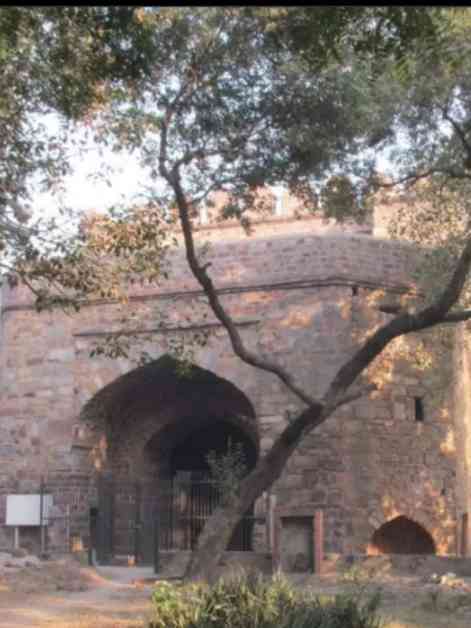Delhi, the capital city of India, holds a significant place in the history of the country’s freedom struggle. There are several must-visit places in Delhi that reflect the sacrifices and bravery of those who fought for India’s independence. Let’s delve into some of these historical sites.
Khooni Darwaza is a place with a haunting past. According to indianheritage.in, the sons and grandson of Bahadur Shah Zafar were beheaded here by a British commander during India’s first war of Independence on September 22nd, 1857. Their bodies were left in public view, symbolizing the brutality of the British rule. Apart from the royal family, many refugees also faced a tragic end at Khooni Darwaza, adding to its bloody history.
Birla Bhavan, now known as Gandhi Smriti, is another significant location linked to India’s freedom struggle. Mahatma Gandhi spent his final days in this place, where he was tragically assassinated by Hindu nationalist Nathuram Godse on January 30, 1948. Gandhi’s assassination shook the nation, and the site serves as a reminder of his immense contribution to India’s independence movement.
Shahjahanabad holds a connection to the legendary freedom fighter Bhagat Singh. Before carrying out the bombing at the Central Legislative Assembly in 1929, Bhagat Singh lived in hiding in this area. His courage and sacrifice continue to inspire generations of Indians to fight against injustice and oppression.
Flagstaff Tower, located near Delhi University’s north campus, witnessed a significant event during the 1857 rebellion. When the rebels stormed Delhi, the British sought refuge in this tower, waiting for reinforcements to arrive. Historian William Dalrymple highlighted that many of the rebels were women who had lost their husbands in the conflict, showcasing the resilience and determination of the Indian people in their quest for freedom.
Jama Masjid is a historic mosque where several prominent leaders of the freedom movement, including Mahatma Gandhi, Jawaharlal Nehru, and Maulana Azad, delivered speeches to inspire the masses. The mosque also served as a platform for promoting Hindu-Muslim unity, emphasizing the importance of solidarity in the fight against British colonial rule.
Visiting these iconic places in Delhi offers a glimpse into the tumultuous yet inspiring journey of India’s freedom struggle. Each location carries a unique story of sacrifice, courage, and resilience, reminding us of the immense sacrifices made by our forefathers to secure a free and independent nation. As we pay homage to these sites, let us also renew our commitment to upholding the values of freedom, unity, and justice that define the spirit of India’s independence movement.

